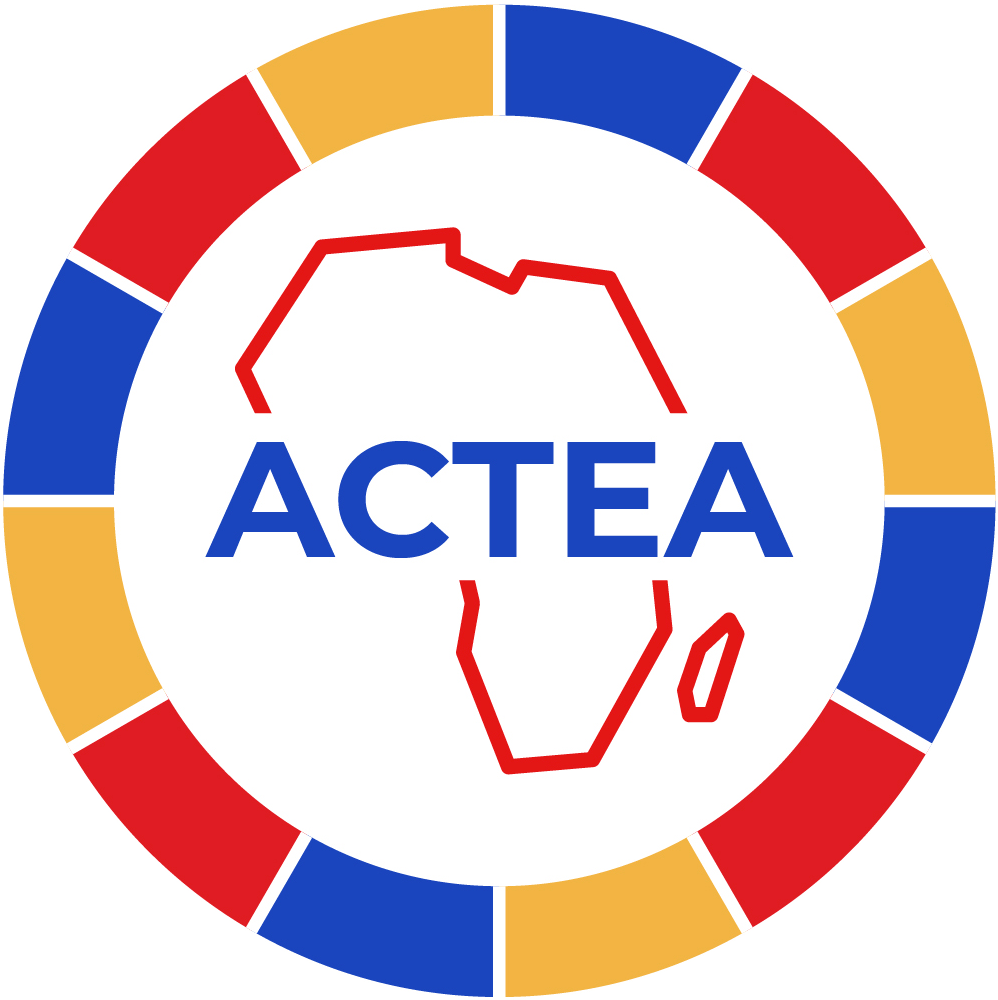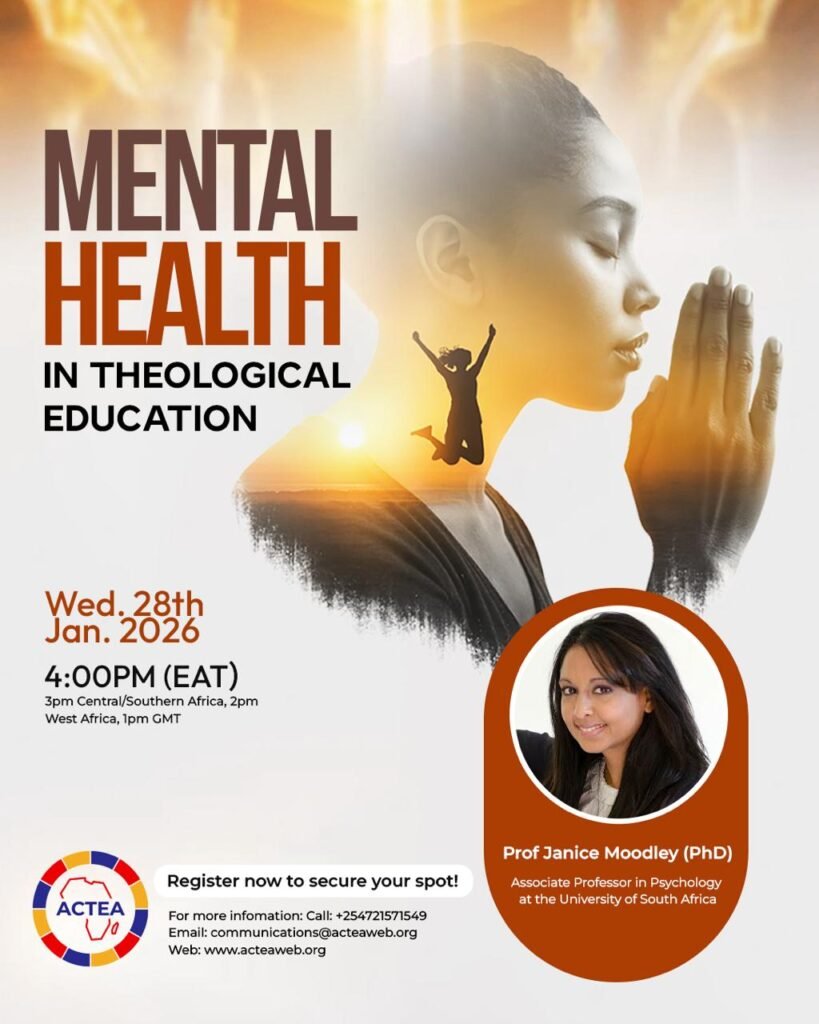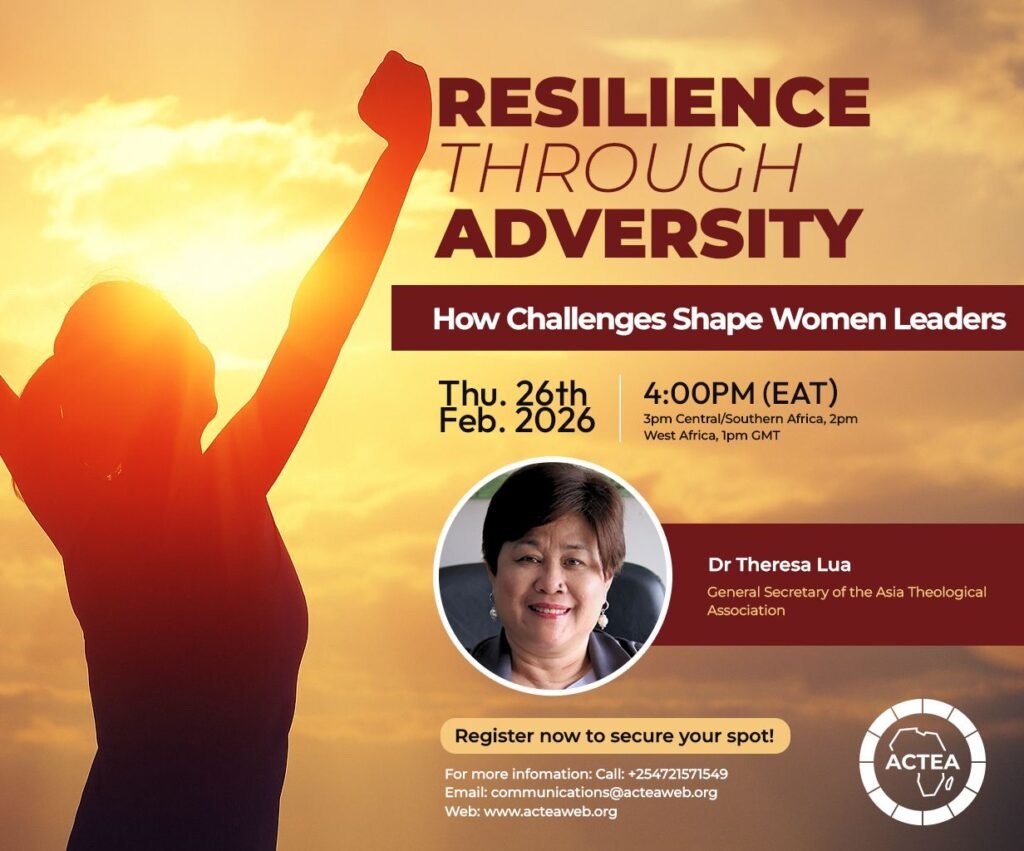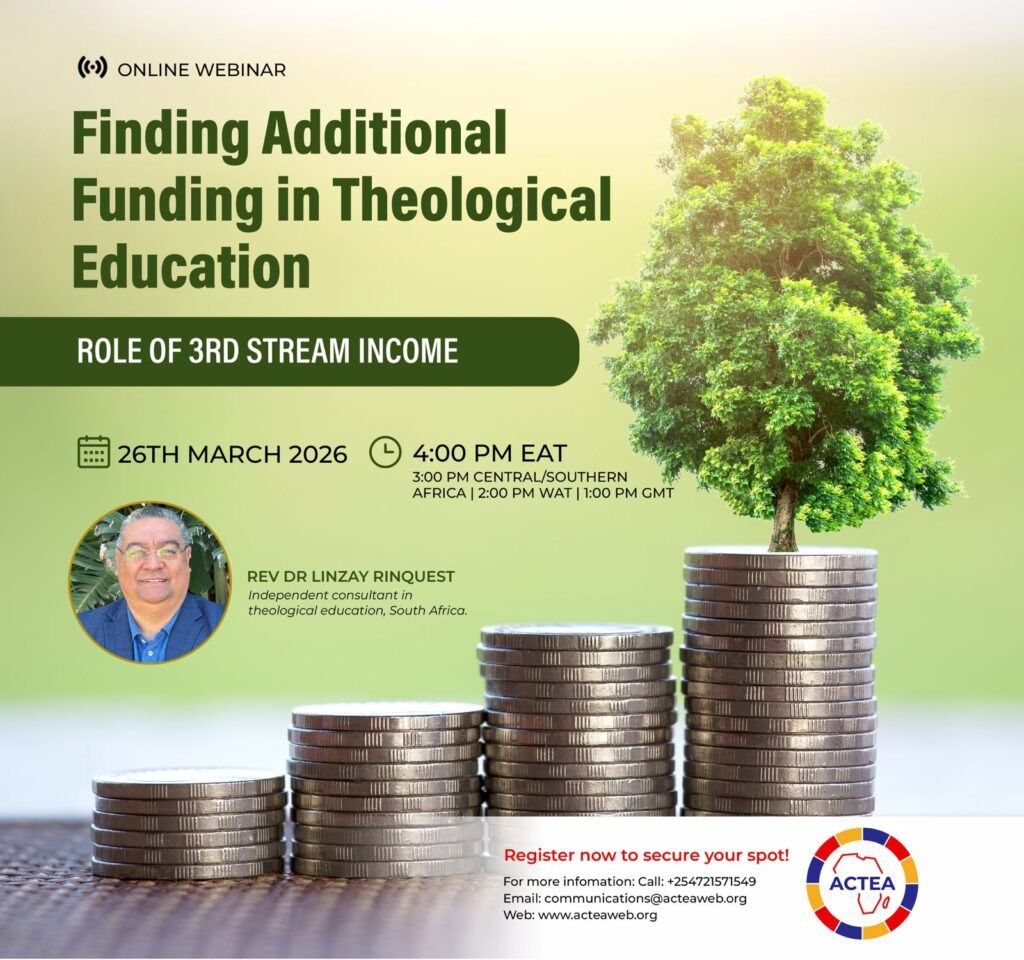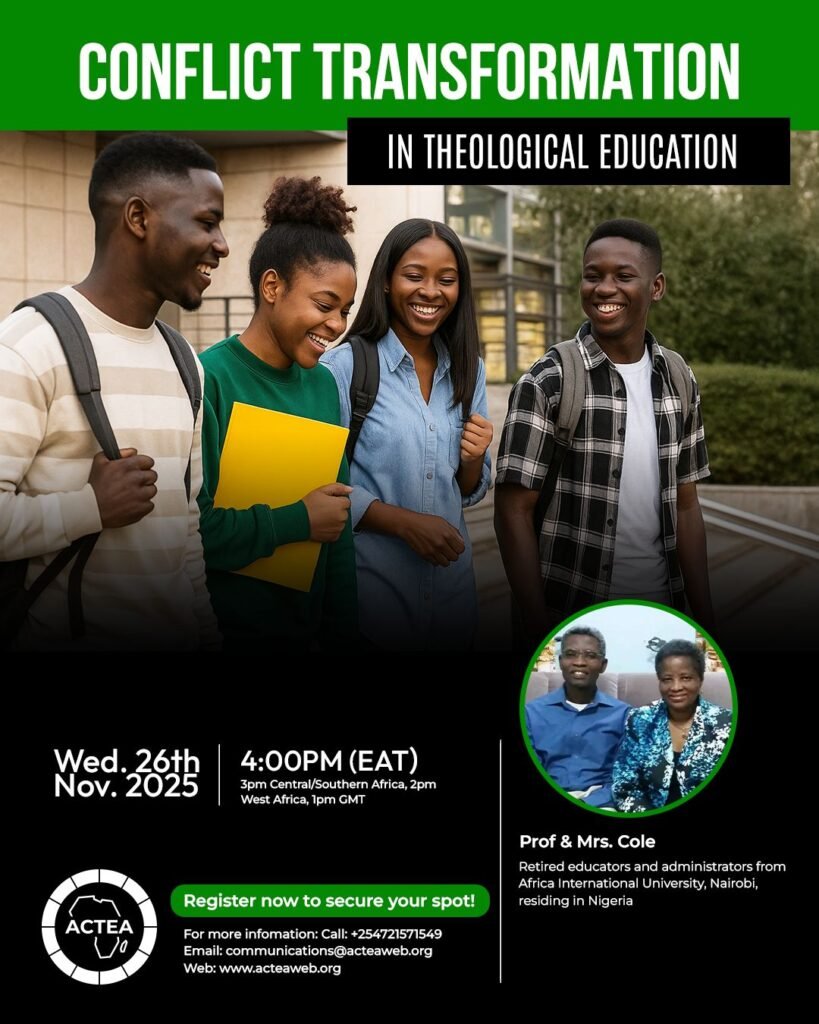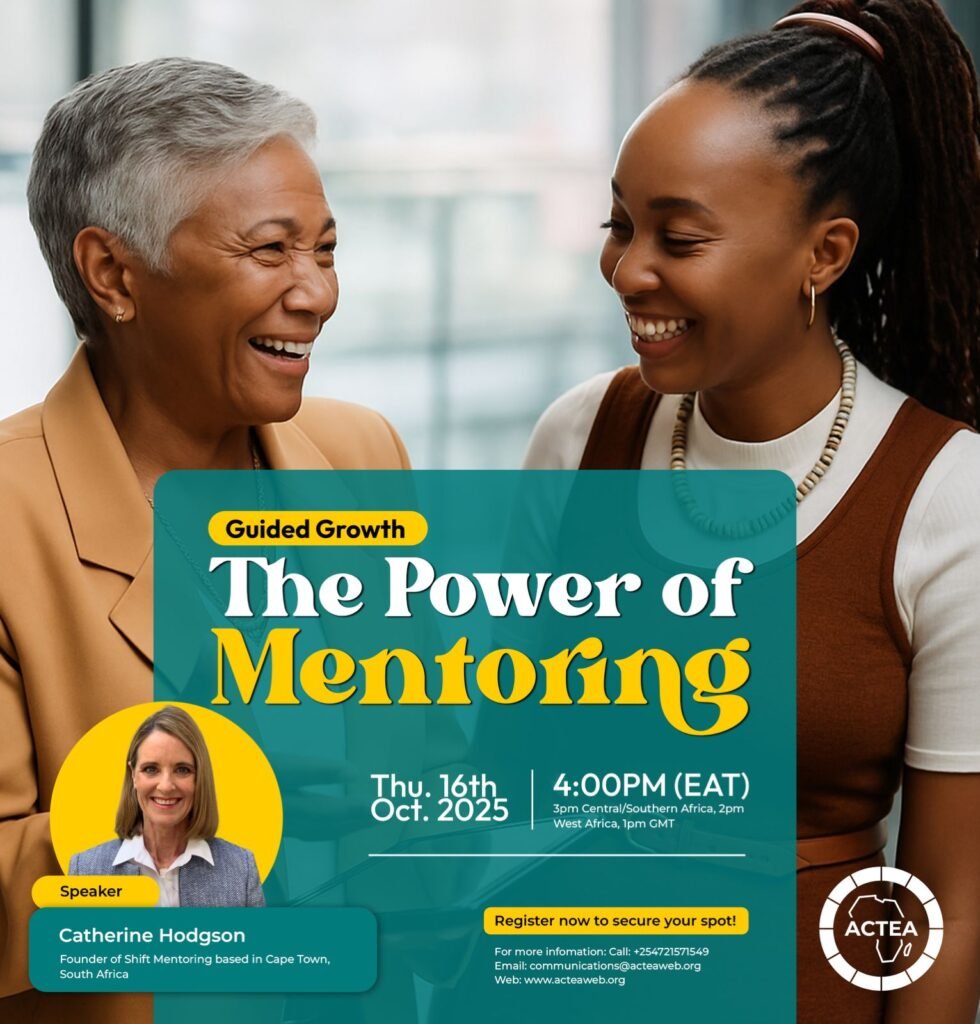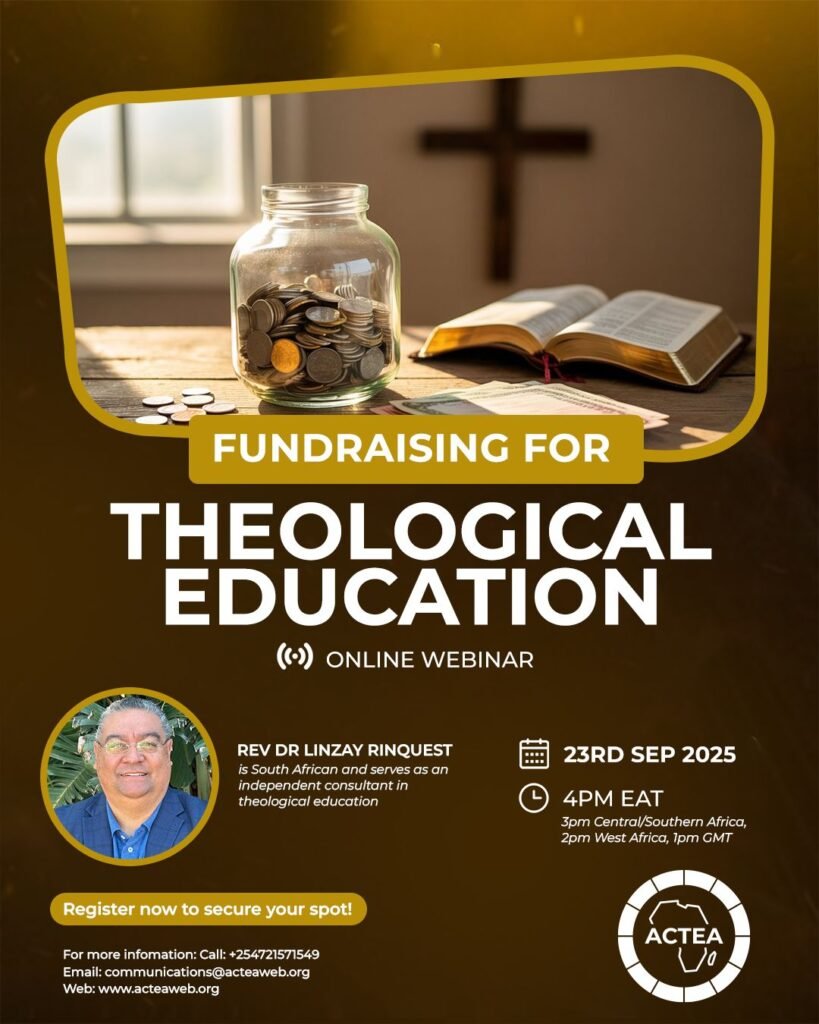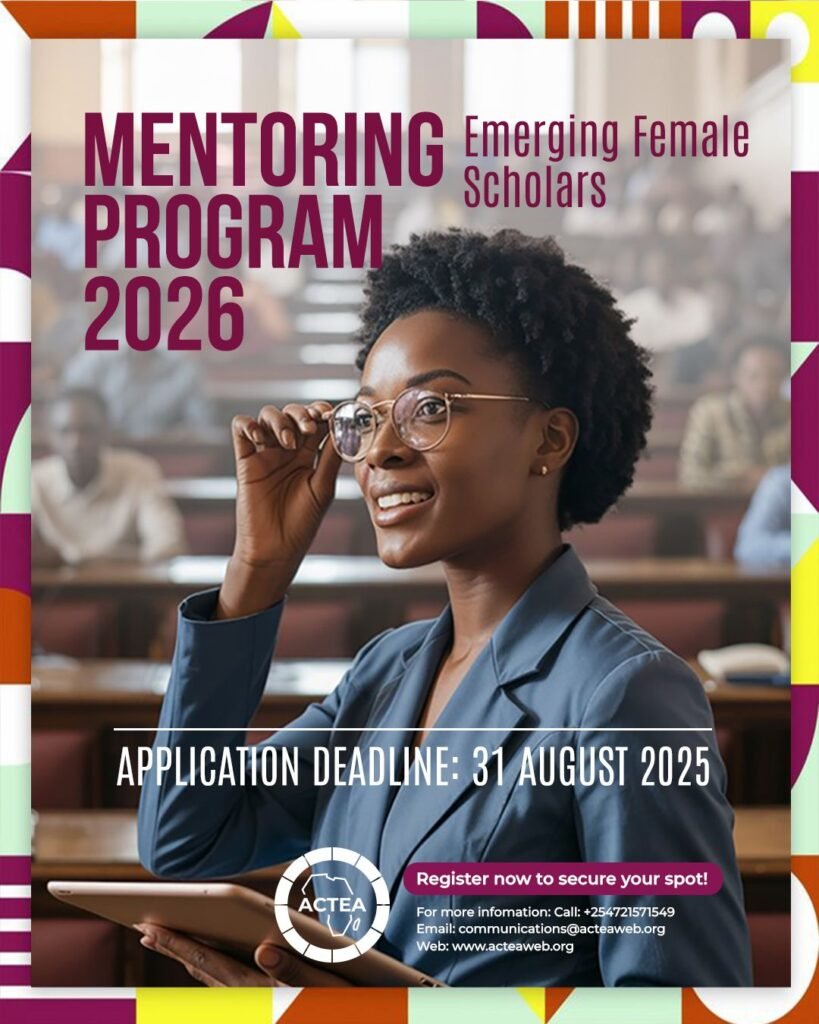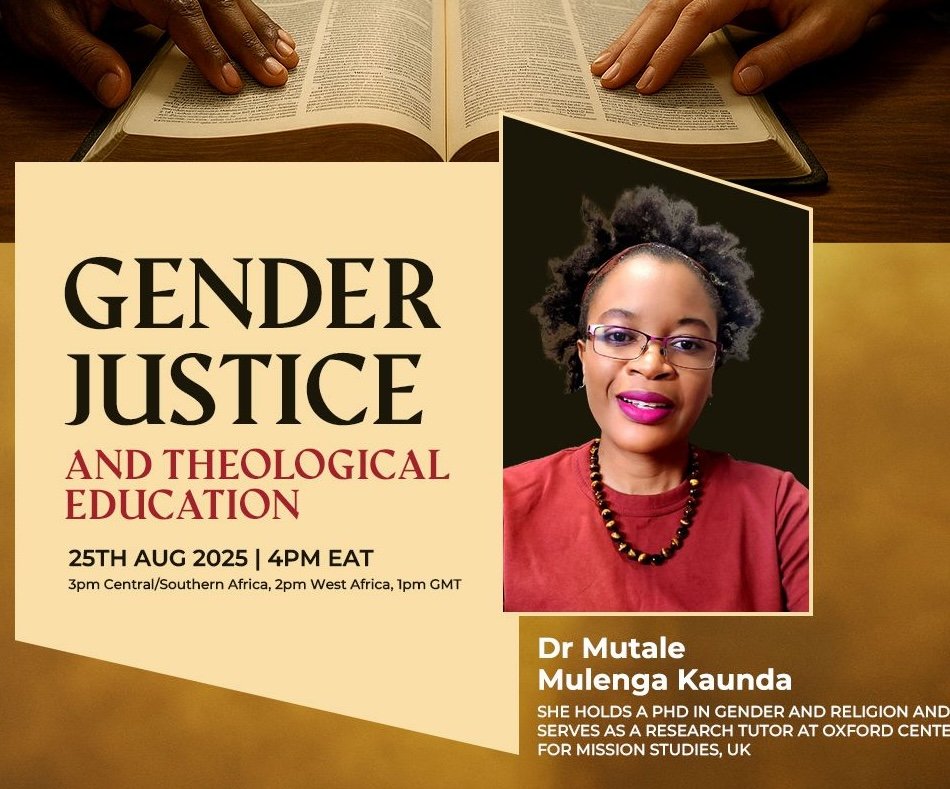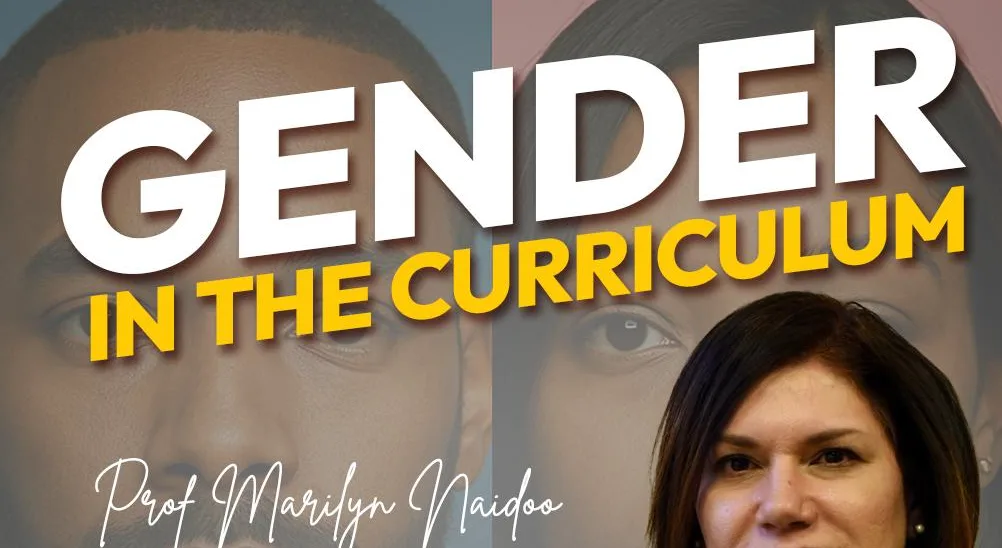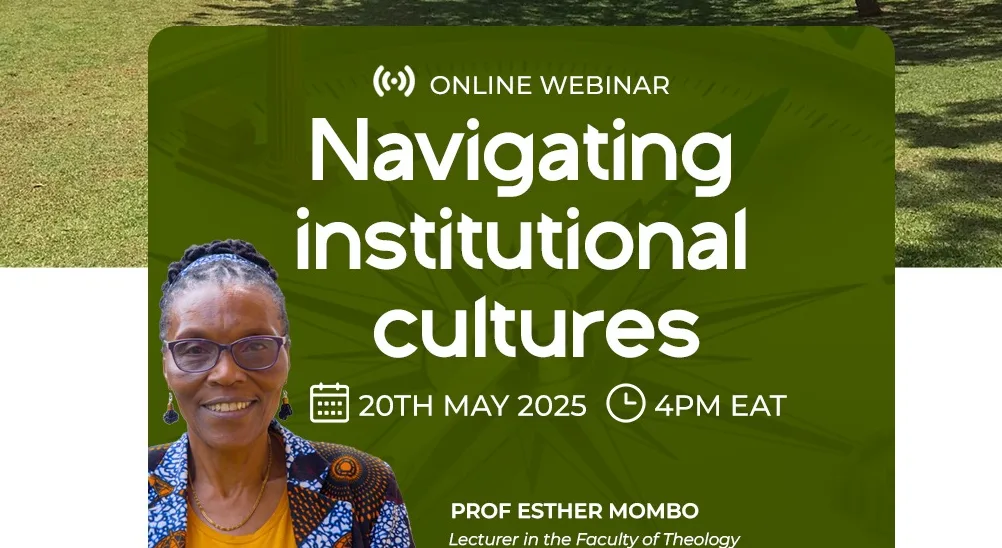ACTEA for women
ACTEA for Women aims to support both established female theologians and emerging female theologians in ways they could not access or create otherwise.
Our vision for African women in theological education is to see their stories of lament become stories of leadership. It is to see stories marked by frustration and exclusion become redeemed as powerful starting points for new collaborations, innovations, and actions that hold the potential to transform the institutions and cultures that, intentionally or unintentionally, have not had room for their voices. Our vision is to see women flourish and reach their God-given potential in African theological institutions to the benefit of the African Church.
